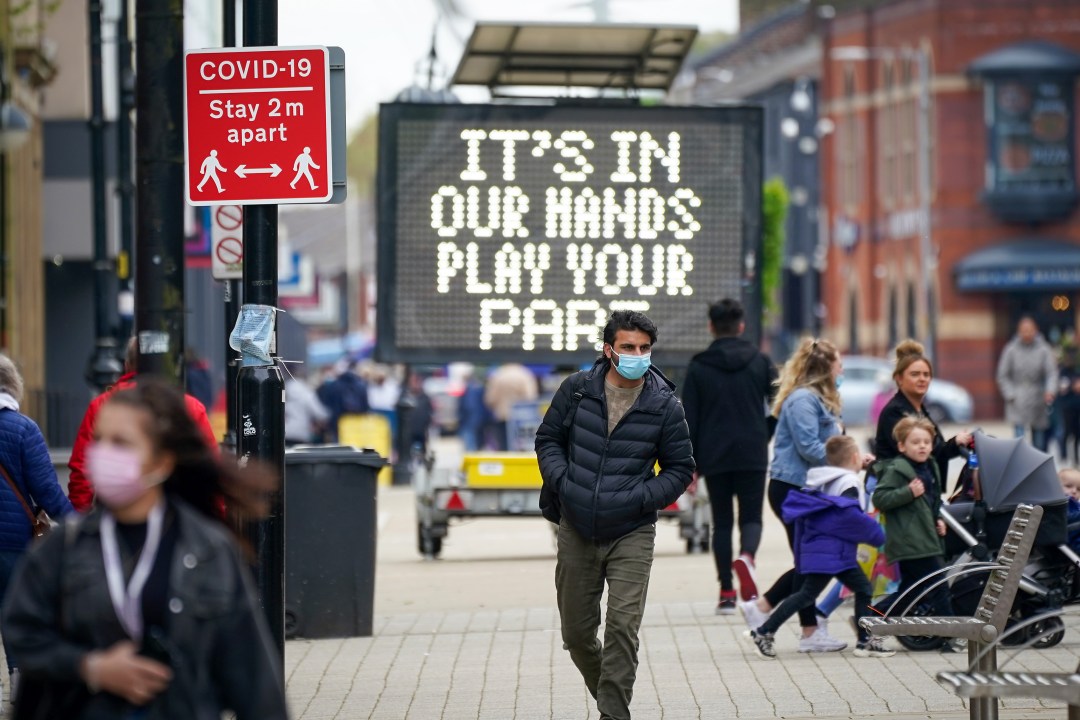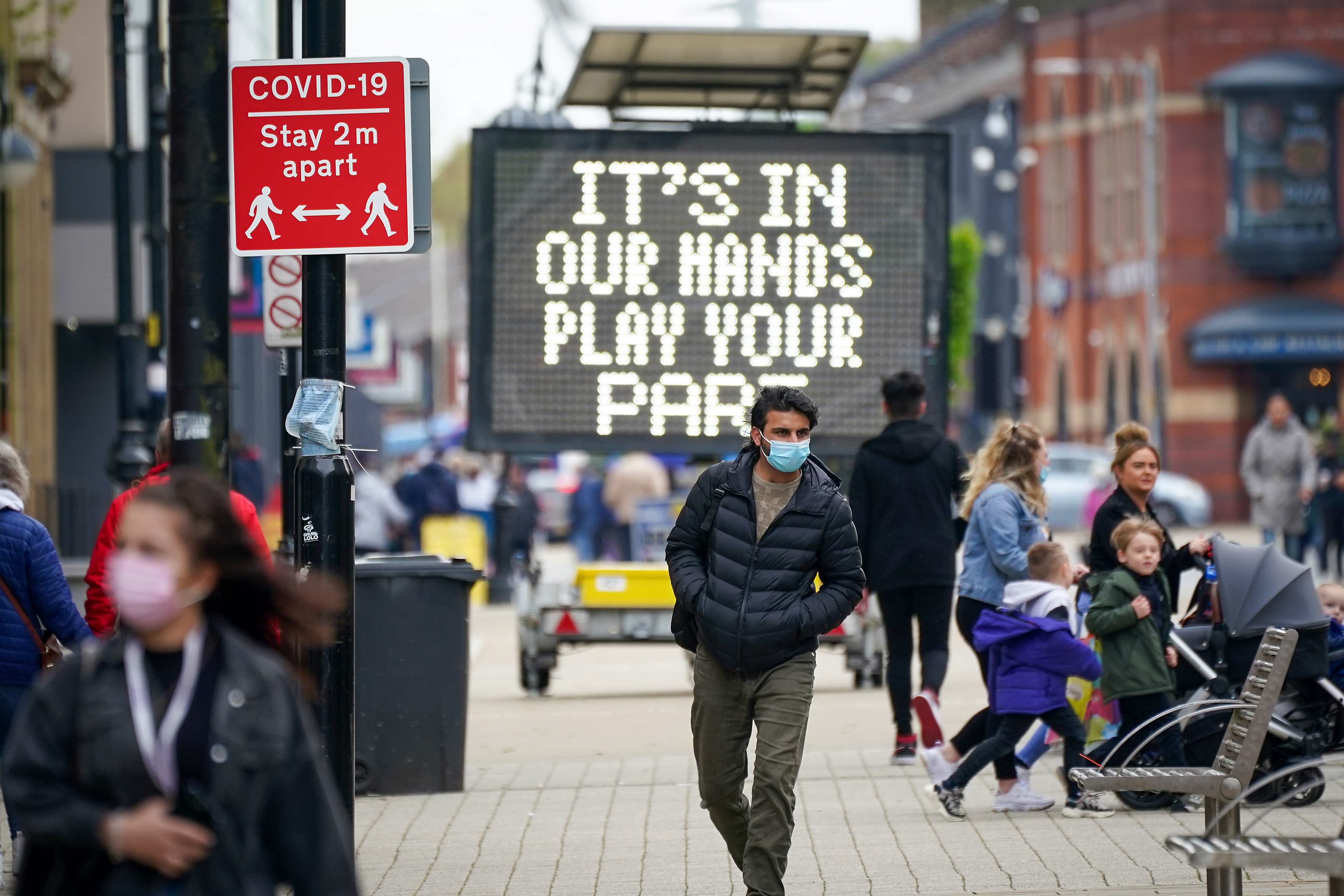There are two key questions ahead of the 21 June reopening. First, as I say in the magazine this week, there is the issue of how much more transmissible the Indian variant is than the Kent one. According to papers published by Sage, it is a ‘realistic possibility’ that it is up to 50 per cent more transmissible. If the true figure is at the top of this range, then a full reopening would likely lead to another big wave of cases and put pressure on hospitals. But the view in Whitehall is that if it is only 30 per cent more transmissible, then it should be safe to proceed with reopening. More data on this is expected next week.
The second question is how many people have had their second jab by then. Public Health England’s work suggests that the second dose is particularly important in giving protection against the Indian variant. This is one of the reasons why the gap between doses has been cut from 12 weeks to 8.
So, one of the big questions is: will all of the vulnerable have had their second dose by 21 June? Some 60 per cent of the adult population are in the priority group for the vaccine; that is, in the section of the population that accounts for 99 per cent of Covid deaths. Currently, more than 40 per cent of all adults have had both doses, which suggests it should be possible to reach the rest of the priority group in time. If that happens, then it would be possible to go for a bigger bang reopening.
I would be very surprised if 21 June doesn’t go ahead in some form. The question, though, is how comprehensive it is — will social distancing go, for instance? There won’t be a definitive answer on that until nearer the time. But the two things to watch are transmissibility and how much progress is being made on second doses.








Comments